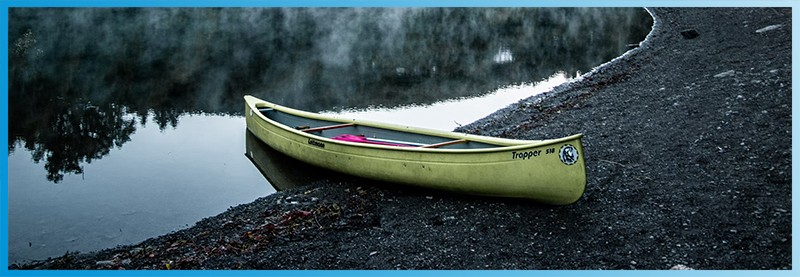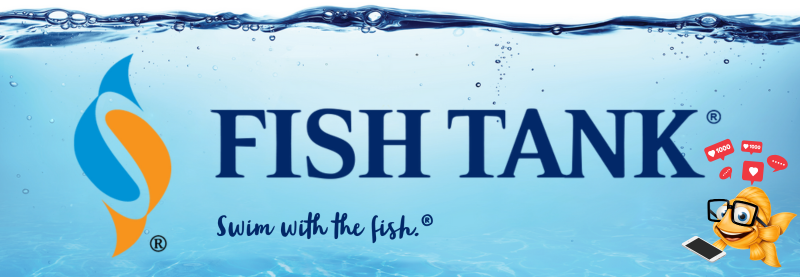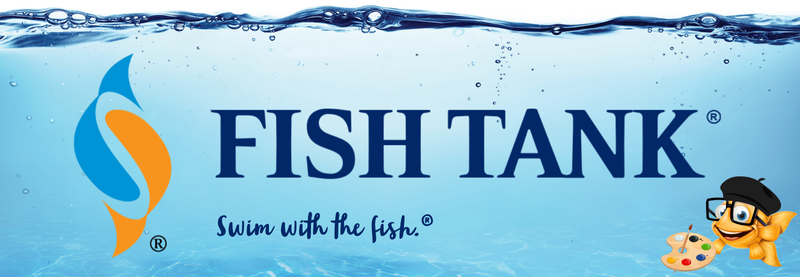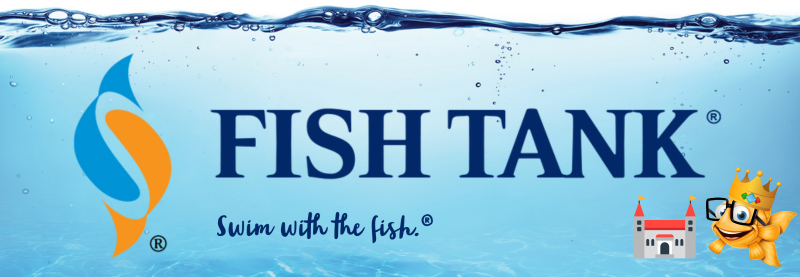Intellectual Property Insights from Fishman Stewart PLLC
Newsletter – Volume 22, Issue 10
Share on Social
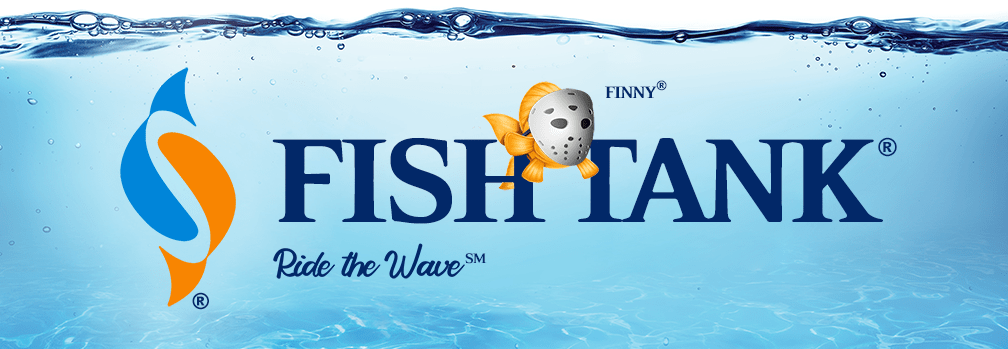
Reclaiming Friday the 13th
It is said to be an omen of bad luck when a Friday falls on the thirteenth day of a month. Today is Friday May 13th, so hopefully luck is on our side today. In honor of this auspicious event, we have a spooky story about a dispute over copyrights to the classic horror film Friday the 13th.
In 1979, film producer Manny, Inc. hired screenplay writer Victor Miller to write a screenplay for a horror film that would become Friday the 13th. Miller and Manny signed a contract and agreed that Manny would pay Miller $9,200 to write the screenplay. Quite a measly sum considering the movie generated nearly $40 million at the box office in 1980 alone and launched a movie franchise that now touts 12 films, a television series, and plenty of merchandise with the iconic killer’s hockey mask.
However, in a plot twist fit for a horror film, although the contract was signed in 1979, it was based on an older contract template drafted in 1977. This older template had not been updated to reflect major changes in copyright law that occurred in 1978. It therefore lacked contractual provisions that would have deemed Manny the legal author and owner of the screenplay rather than Miller, and that would have prevented Miller from being able to legally claw back his rights to the screenplay 40 years later. Instead, after several years of litigation and appeals, Miller was declared both the sole legal author and the owner of copyright in the screenplay.
The Friday the 13th copyright dispute is a scary reminder to update your contracts frequently to take into consideration the most recent legislation and court decisions on intellectual property law. The consequences of failing to do so could leave you screaming bloody horror!
Published Friday the 13th of May, 2022

Finny continues his adventures around the world!
This week, Finny was spotted with Mike Fishman and Lily Barash at the International Trademark Association’s annual meeting in Washington DC, as well as exploring a forest and enjoying time at the beach. Follow Finny and see more of his adventures HERE.
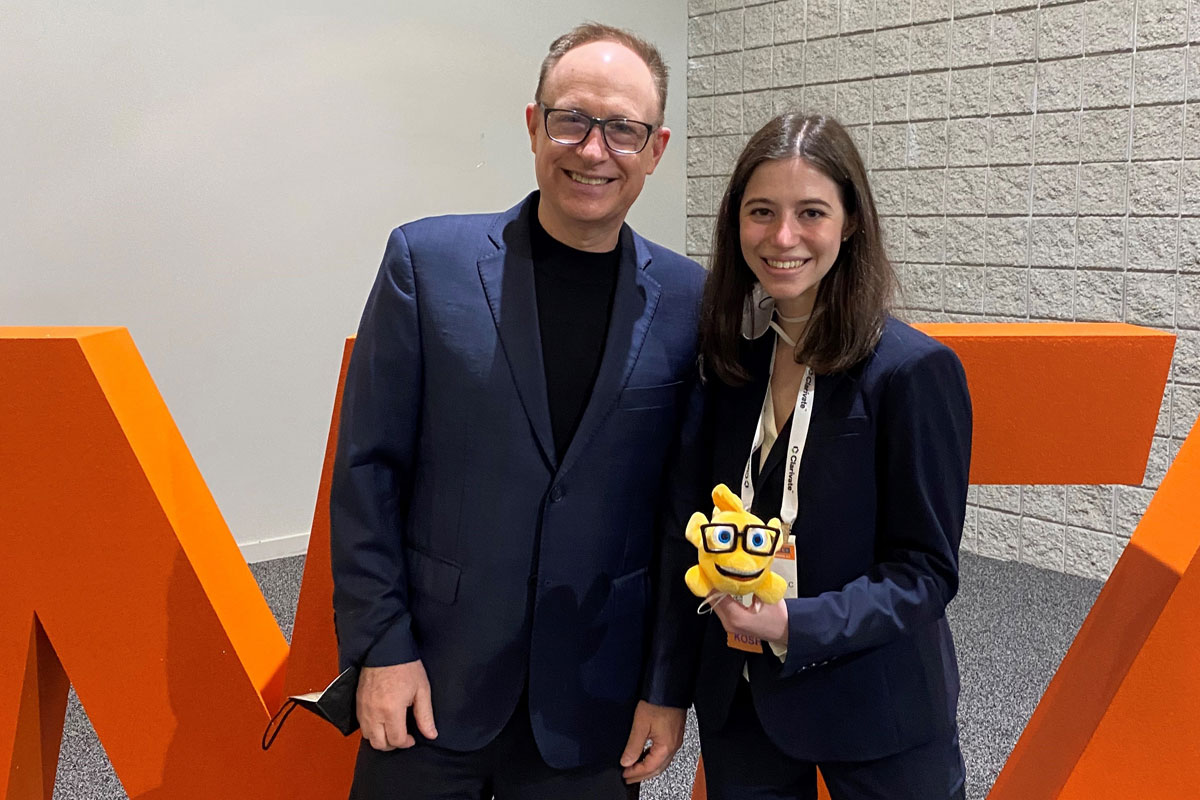
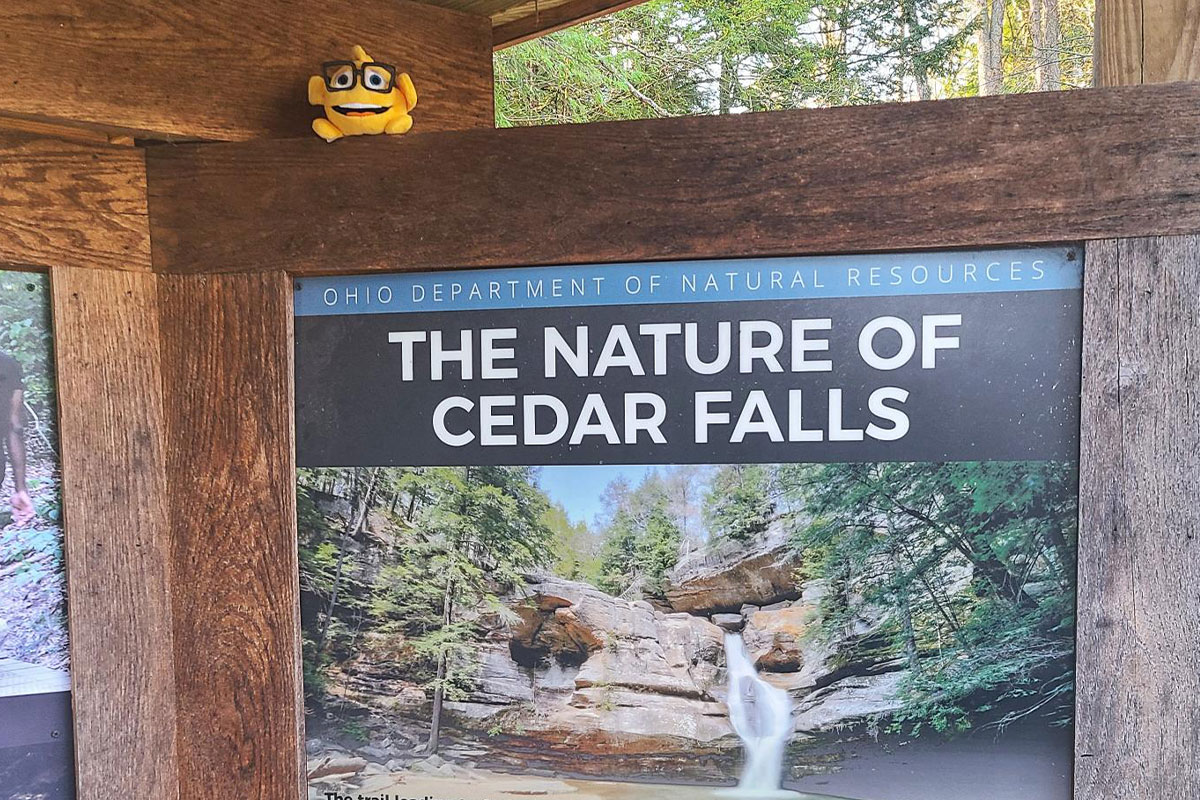

Related Content from Fishman Stewart
In our previous FishTank article “The Great Beige-Off: Influencer Sues for ‘Vibe’ Infringement,” we reported on Sydney Nicole Gifford’s lawsuit against fellow influencer Alyssa Sheil over allegations of copyright infringement involving neutral-toned social media content.
People have long pondered whether or not the Giza pyramids were indeed solely burial chambers, which was the only known, and archaeologically determined, use—until now.
As the story goes, Klein was so taken with the indescribable blue of the sky over the Mediterranean in Nice, France, that he dedicated his artistic talent developing a blue that would imbue the canvas with this color in its purest form.
Despite her pseudo-legal background in Suits, Meghan has been running into one issue after another in her efforts to register the trademark and logo for her new lifestyle company, for now, called “AS EVER”.
By 1930, efforts began in New York to replace Mother's Day with Parent's Day because men were more than just breadwinners. Those efforts didn't catch on, probably because in that era, women often spent more time in the home.
In February, Nike and Skims announced that they will be working together on a new brand, NikeSkims. The co-brand will create a new line of training apparel, footwear, and accessories specifically designed to meet the unique needs of women athletes.
Generally, federal courts have exclusive jurisdiction over copyright cases, and often, this presents an insurmountable paywall for individual artists and small businesses to vindicate their rights, especially where the value of the individual copyrighted works are relatively low.
Dedicated to raising public awareness about the importance of encouraging innovation and creativity throughout the world, the World Intellectual Property Organization (WIPO) annually observes World Intellectual Property Day on April 26 to showcase the role that patents, trademarks, industrial designs, copyrights and trade secrets play in our everyday lives.
Hold onto your foam fingers, sports fans – college sports just got a whole lot more interesting! The latest updates to Name, Image, and Likeness (NIL) rules are making student-athletes bigger than ever, and it’s not just about the game anymore.
Did a federal court in Louisiana recently decide that US copyrights are global rights? It seems so.
IDENTIFYING, SECURING AND ADVANCING CREATIVITY®


